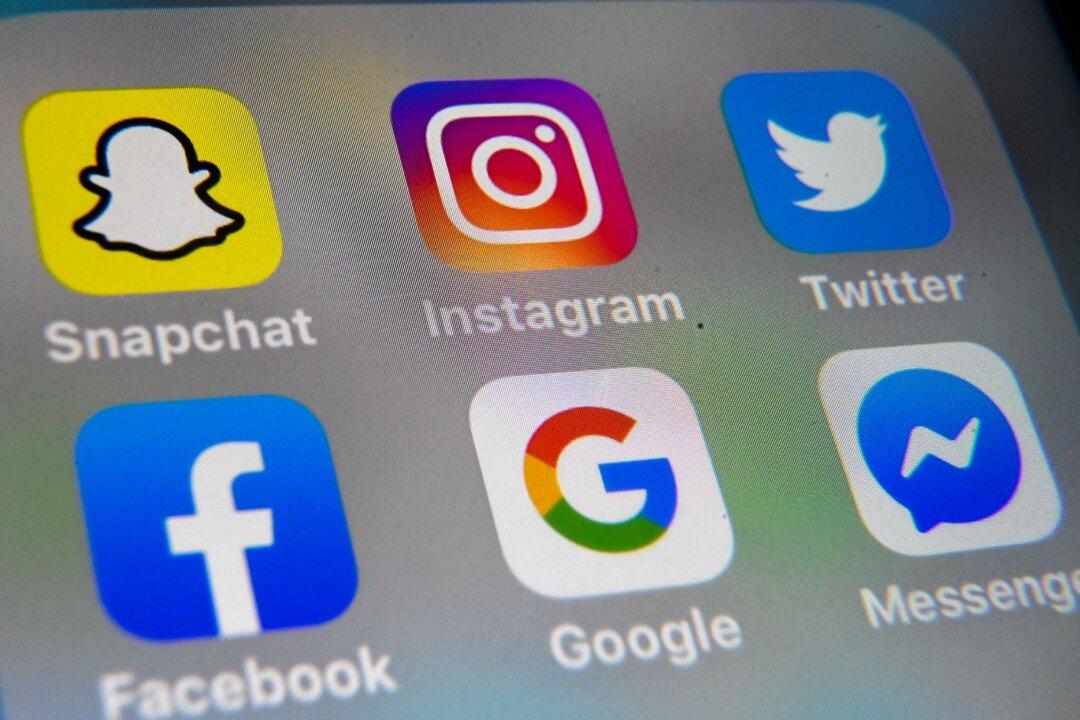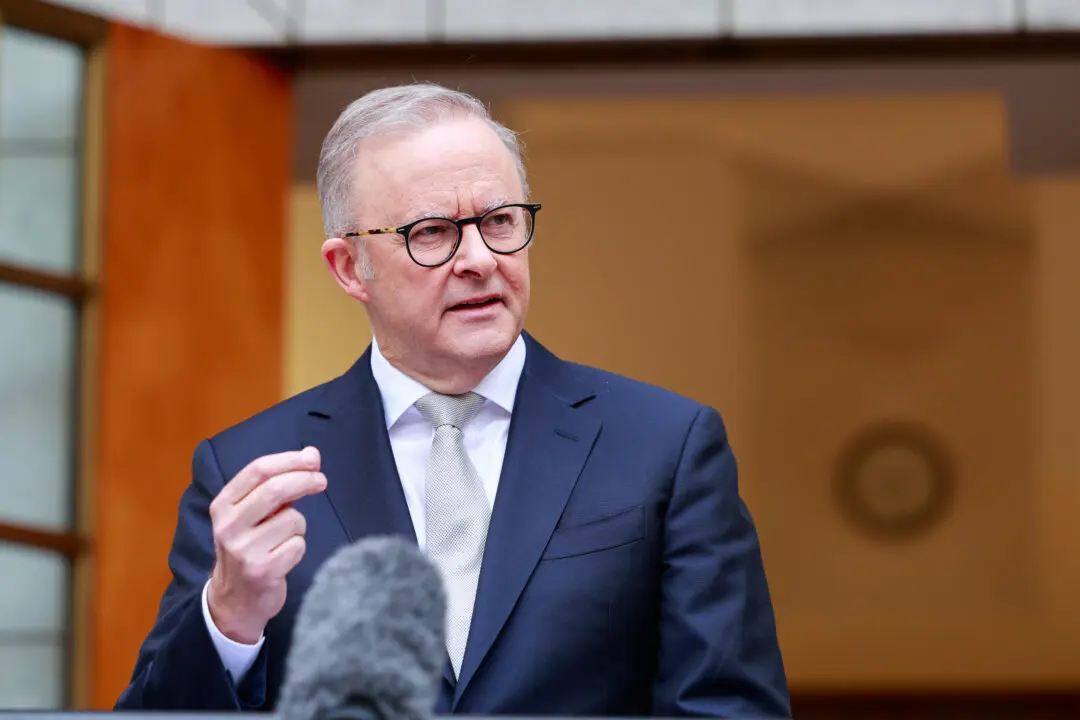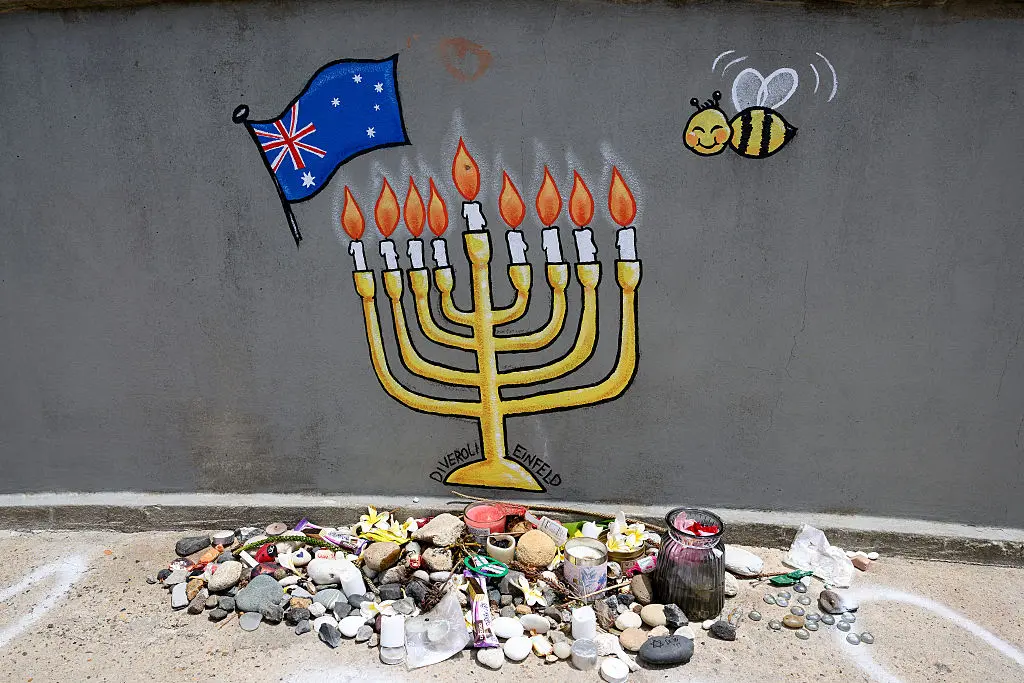The Australian Parliament will continue to put pressure on Big Tech companies by launching an inquiry into “toxic material” on social media platforms.
The inquiry will follow legislative moves on the weekend that saw the government introduce new laws forcing companies like Twitter or Facebook to reveal the identity of users involved in “trolling.”





